What are the most important problems we solved and the opportunities and possibilities we realized to ensure this outcome? This is AI2050’s motivating question.
The initiative aims to answer this question by making awards to support work conducted by researchers from across the globe and at various stages in their careers, bringing them together into an interdisciplinary community, and conducting research into the hard problems in artificial intelligence.
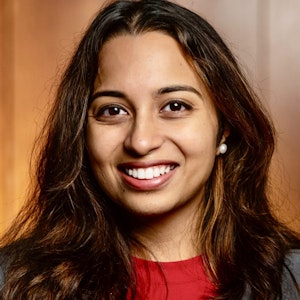
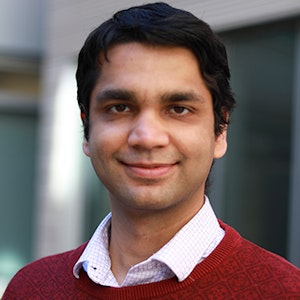
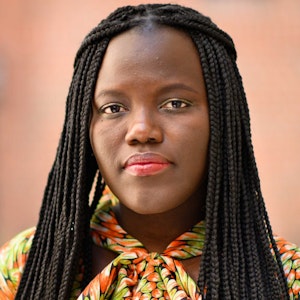
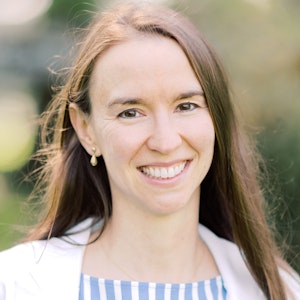


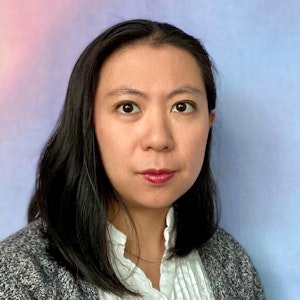
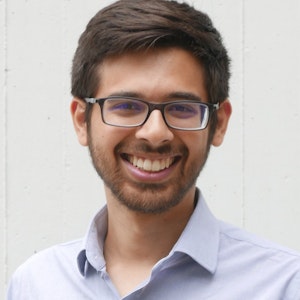
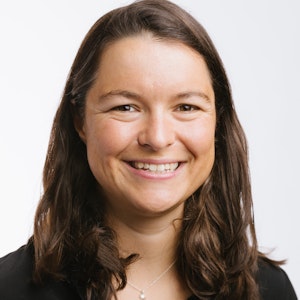

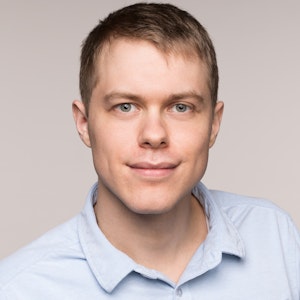
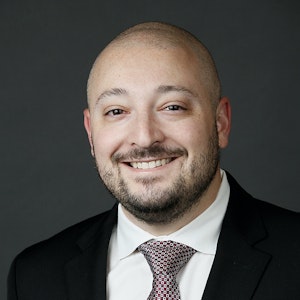
Exceptional people working on the key opportunities and hardest problems that are critical to get right for society to benefit from AI.
Learn More About the FellowsAI2050 is a philanthropic initiative of Schmidt Sciences, conceived and co-chaired by Eric Schmidt and James Manyika, that aims to support exceptional people working on key opportunities and hard problems that are critical to get right for society to benefit from AI.
Learn More